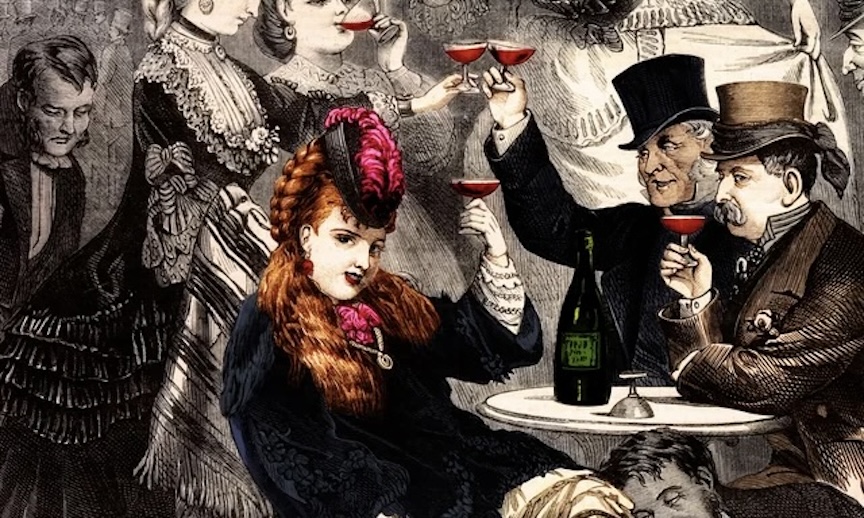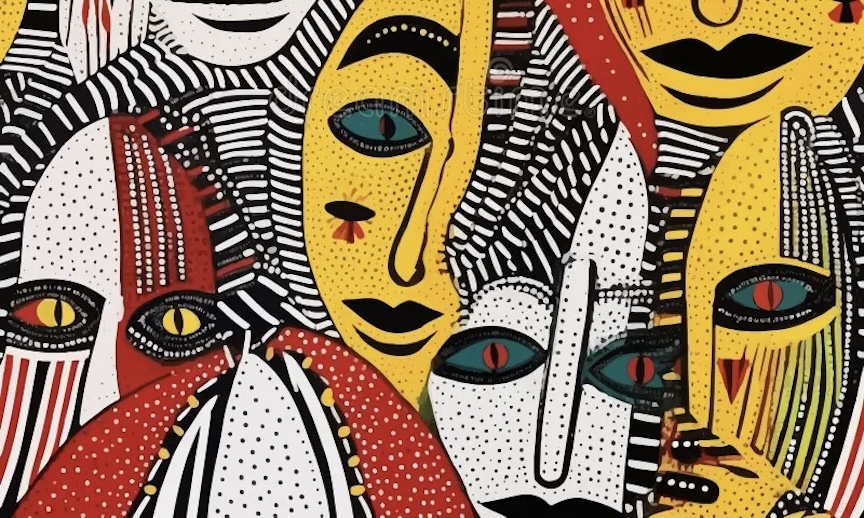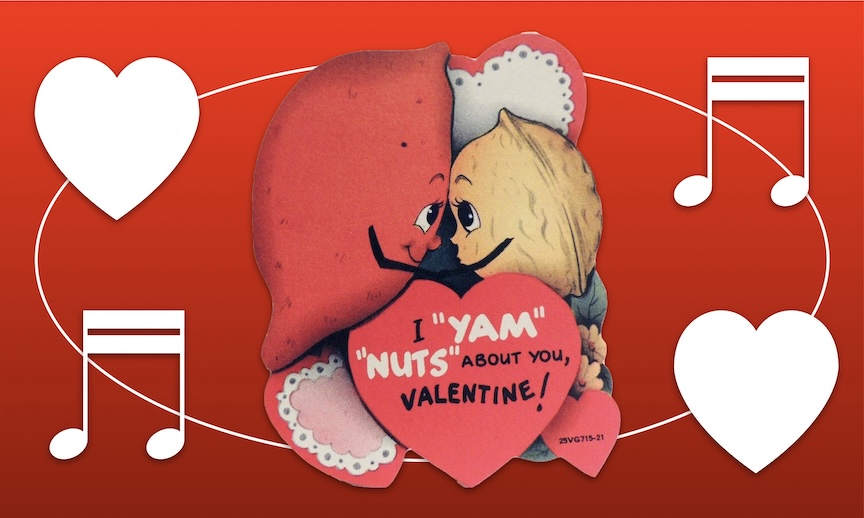WHERE EVERYBODY KNOWS YOUR NAME
A few months ago Travis and I binge-watched several seasons of Cheers, the 1980s NBC sitcom. It’s a great ensemble and the show is still really funny 40 years later. One of the side effects of watching it, however, was that I had the theme song in my head all the time. “Where Everybody Knows Your Name,” by Gary Portnoy and Judy Hart Angelo:
Making your way in the world today
Takes everything you’ve got.
Taking a break from all your worries
Sure would help a lot.
Wouldn’t you like to get away?
Sometimes you wanna go
Where everybody knows your name.
And they’re always glad you came.
You wanna be where you can see
Our troubles are all the same.
You wanna be where everybody knows your name.
It’s true, right? Not always, of course. There are times when I prefer anonymity, to be where nobody knows my name, where nobody gives me two hoots, and everybody leaves me alone.
But more and more, I appreciate the grace and ease of simply being among familiars.
On Cheers, as in life, people frequently annoy each other, rub each other wrong, and disagree. Obviously, there can be plenty of conflict even with those who know us best. Sometimes, our loved ones rattle us the most and cut us the deepest. But even when we experience upset and anxiety with our intimates, there’s also some measure of comfort and reassurance in a known commodity.
At least we don’t have to worry about making a good first impression because that first-impression ship already sailed a while ago. Maybe we’re freed up from having to explain ourselves. We don’t need to be so self-conscious about our weird quirks and preferences. It is just easier to be with people who already get us (more or less) and whom we get (more or less). Where we’ve already established some parameters about who we are and how we’re going to be together. Where we don’t have to negotiate a whole new relationship of permission and boundaries.
Where we already know that we belong, so we don’t feel compelled to justify our presence, or apologize for our very existence.
That’s it right there — that’s the ticket. Sometimes I want to go where I don’t feel the need to apologize for existing.
Often, that’s where everybody knows my name. I guess it could also be where they don’t know me, but where they’re accepting and friendly, anyway — someplace like Canada. I do think there’s something rich in the concept of names, though.
There was an article by Tove Danovich in The Atlantic last month: “Elephants Are Doing Something Deeply Human.”
Turns out: Elephants have elephant names. They name each other.
It was long thought that humans were the only animals that created and assigned specific sounds to identify individuals in the group. Over the past decade or so, however, scientists have found evidence that parrots, dolphins, and now elephants also do it. (Maybe whales and bats, too). Naming means that these animals possess a learned language, which is pretty cool. While we’re born with the ability to make lots of noises — cries of distress, coos of contentment — names always must be learned.
Names also indicate an awareness of self-hood, of one’s own individuality and others’. And self-consciousness opens up not just neuroses but also a world of creative possibilities — intention, imagination, cooperation, reciprocity, transformation, love… Botanist Robin Wall Kimmerer says, “Names are the way we humans build relationships, not only with each other but with the living world.” Perhaps it’s the same with animals — building relationships, building their world.
Shakespeare’s Juliet famously asked, “What’s in a name? A rose by any other name would smell as sweet.” She doesn’t want to believe that her beloved’s family name means he must be her enemy. And she’s absolutely right that we can transcend any limitation that a particular name might impose. But to say that names are nothing reveals a naiveté that can, in itself, be limiting. Names are powerful and personal They carry our identity.
Calling someone by name can communicate honor, respect, intimacy, and care. Name-calling can of course be used for ill, too. But even so, a name acknowledges another’s being in a way that makes other descriptors — woman, European, farmer — sound like mere statistical data. Even more personal and relational designations — uncle, friend, coworker — aren’t quite the same as a name.
Sometimes you want to go where everybody knows your name — where you are seen as an empowered individual and your full, unique personhood is called forth.
Sometimes you want to go where everybody knows your name — and because they already know you, nobody has to make a big deal out of any of it. It’s just effortlessly trusting and comfortable.
Sometimes you want to go where everybody knows your name — and you know ours — and something both eternal and brand new becomes possible in our shared space of mutual belonging.
Hafiz said, “Ever since Happiness heard your name, It has been running through the streets trying to find you.” I can’t wait to be with you on Sunday, September 8, at 10:00 am at q-Staff Theatre. We’ll have another special musical guest this week — cellist Lisa Donald! XO, Drew
©2024 Drew Groves




